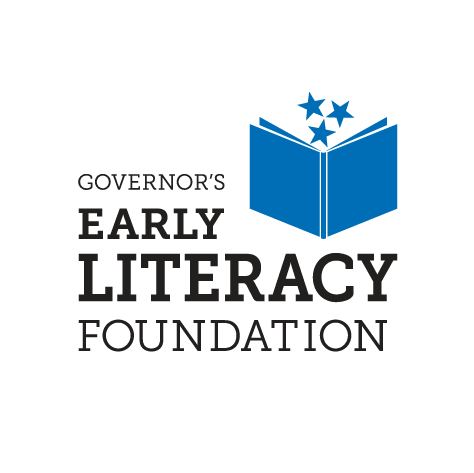What kinds of books will help preschoolers learn? What are the themes and concepts to look for? Exposing children to high-quality, age-appropriate books helps to increase their brain development and spark imagination. Below is a list of developmental themes and concepts that are used by early childhood experts when selecting Imagination Library books. These themes help birth to age five children develop skills in becoming lifelong learners. We encourage you to ask your local librarian or your child’s teacher for additional suggestions on books with these themes, so you can continue to build your home library and strengthen early literacy for your child.
Children 0-24 Months
- Emphasis on the development of sight and vision with big text and bright colors
- Teaching sensory skills through touch with thick, board pages
- Rhyme and rhythm of words in a repetitive style
- Simple and easy-to-use everyday text for vocabulary development
- Minimal text with engaging, “point-and-say” illustrations
- Playful sounds of everyday characters and sing along text to enhance auditory skills
- Nurturing and attachment themes in sing-song patterns
Children 2-3 Years Old
- Continue sensory concepts from year one and build upon them, such as sight, auditory, and touch skills
- Repetition of everyday words to build vocabulary development
- Predictability of plot lines to generate conversation and engagement
- Development of motor skills and accessibility for child to hold and turn pages
- Emphasis of “Self-help” activities – things children can do, things familiar in their daily life to build upon the story
- Use of real photo illustration child can recognize
- Familiar nursery rhymes with a focus on body awareness, teaching the child basic body parts
- Teaching basic colors, letters, and numbers
Children 4-5 Years Old
- More complex stories and characters featuring hero conflict and resolution
- More serious subject matter, teaching diversity of others, environment, and tolerance of different cultures
- Humorous stories with playful plotlines
- Continuation of familiar Nursery rhymes and poetry repetition
- Focus on school preparation and readiness
- Use rebus (pictures used for words) to develop reading comprehension
- Introduction of non-fiction titles and traditional folk tales
- Moral emphasis on gratitude and appreciation



